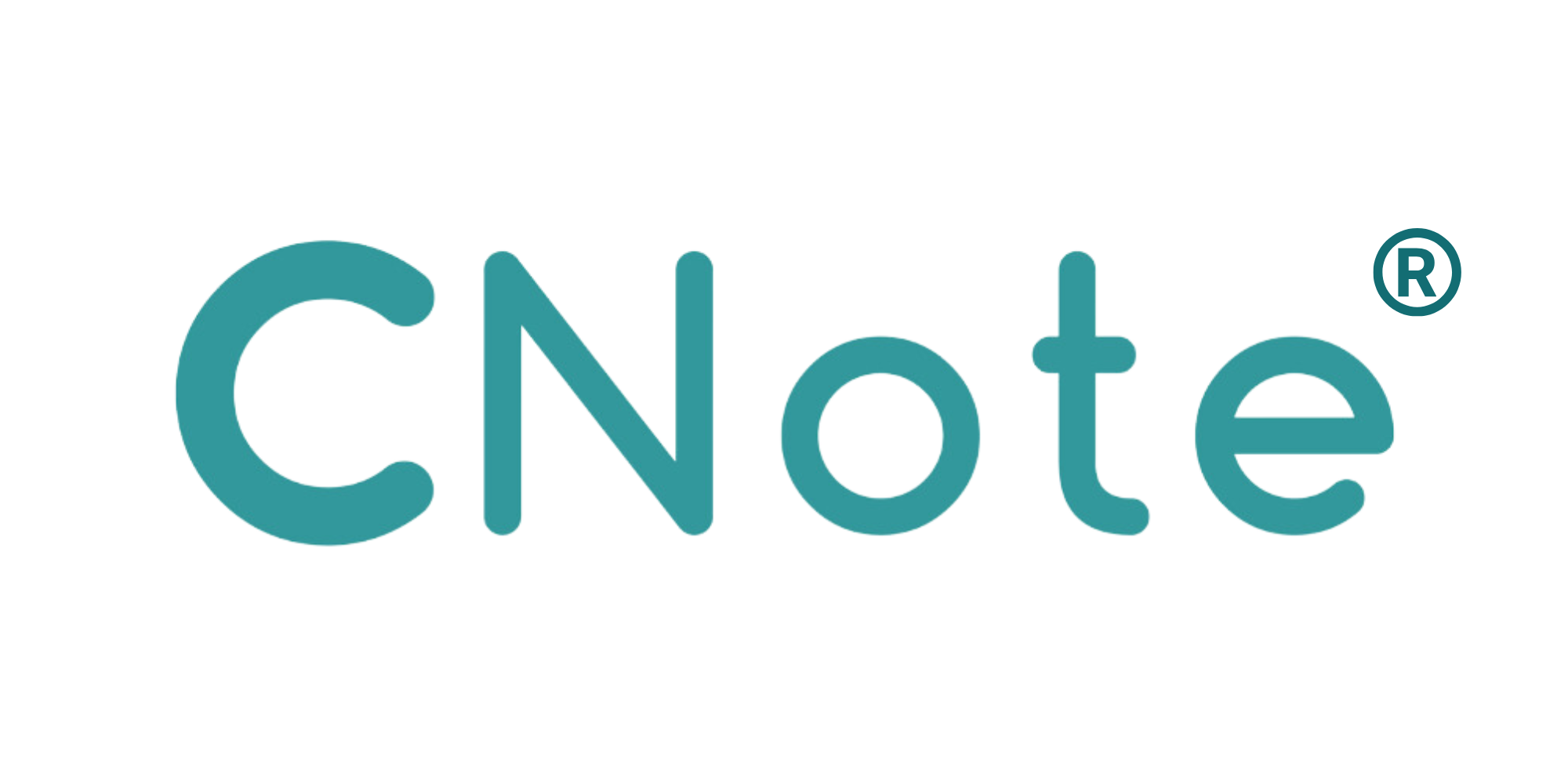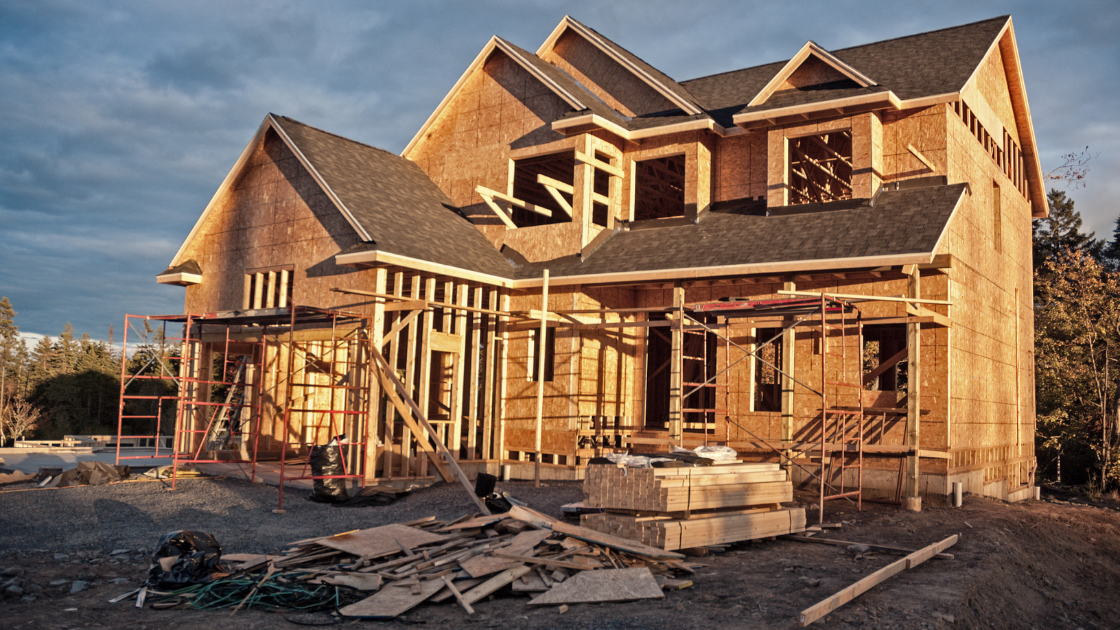When a hurricane, wildfire, or flood hits, what happens to the local small businesses, farmers, and families left in its wake? And what role can finance teams play in getting those communities back on their feet, faster?
These questions were at the heart of a recent webinar hosted by Cat Berman, CEO of CNote, with two insightful guests:
- Aaron Johnston, Director of Treasury at Xylem, a global water technology company
- Lisa O’Mara, Director of Investor Relations at Locus, a mission-driven CDFI (Community Development Financial Institution)
Together, they shared real-world lessons from responding to Hurricane Helene, which devastated parts of North Carolina in 2024. Their insights go far beyond disaster resilience and recovery: they show how corporations, foundations, and impact investors can turn where they park their cash into a practical tool for building community resilience, before and after a crisis.
Below are four takeaways from that conversation that every finance professional should know.
1. Resilience Starts Before Disaster Strikes
When Hurricane Helene hit, Xylem didn’t have to scramble to figure out where to help; they were ready. Why? Because they’d already mapped where their employees and customers lived and aligned deposits with trusted local CDFIs.
Key insight:
“If we hadn’t already been investing, we would have been scrambling trying to figure out where to send funds or what to do.” — Aaron Johnston, Xylem
Proactive deposit strategies ensure that when a disaster hits, funds can be deployed immediately, minimizing business disruption and accelerating recovery for entire communities.
2. Local CDFIs and Community Banks Are Frontline Responders
Unlike large national banks, CDFIs and mission-driven community banks know their neighborhoods intimately. They have deep ties with local businesses, farmers, and nonprofits, and they act quickly when crisis strikes.
As Lisa put it:
“Thriving communities are built on the strength of their local institutions. In times of crisis, we show up with financial capital, social capital, and know-how.” — Lisa O’Mara, Locus
This local presence allows CDFIs to deliver not just loans, but hands-on guidance and support that national institutions simply can’t match.
3. Deposits Don’t Just Sit Idle, They Multiply Impact
One surprising fact: a deposit at a mission-driven bank isn’t passive money. It actively fuels local economic recovery.
For example, every dollar Locus receives in deposits can be leveraged nearly four times over for community lending, technical assistance, and disaster response.
“Every dollar we receive can be leveraged nearly four to one for community development financing.” — Lisa O’Mara, Locus
This means your cash, which might otherwise sit in a low-yield account, can help rebuild main streets, support small farms, and create jobs, all while staying insured and secure.
4. Grants Alone Aren’t Enough, Flexible Capital Closes the Gap
Philanthropic grants are essential for immediate relief, but rebuilding a community takes years, and that’s where impact deposits and community lending step in.
“Grants are a one-time infusion. Deposits keep recycling. That’s how you strengthen whole systems so they’re ready for the next shock.” — Lisa O’Mara, Locus
By blending grants, deposits, and patient capital, communities gain the resources they need not just to survive disasters but to thrive long-term.
Why This Matters for Finance and Treasury Leaders
More corporations, foundations, and institutional investors are rethinking where they hold their cash. And for good reason: deposits aren’t just financial assets, they’re tools for community strength.
As natural disasters become more frequent, aligning your cash management strategy with trusted local partners can reduce business risk, protect supply chains, and directly benefit the places where your employees live and customers buy.
A Simple Action Step
Consider asking: Where does our cash sleep at night?
And: Could it be working harder for the communities we care about?
For more insights on impact deposits and community investing, explore CNote’s Impact Cash™ solution and connect with our team to learn how your treasury strategy can build resilience, today and tomorrow.
About CNote:
CNote is a financial technology platform that helps corporations, foundations, and individuals deploy deposits and investments into mission-driven financial institutions, amplifying local economic growth and community resilience.


